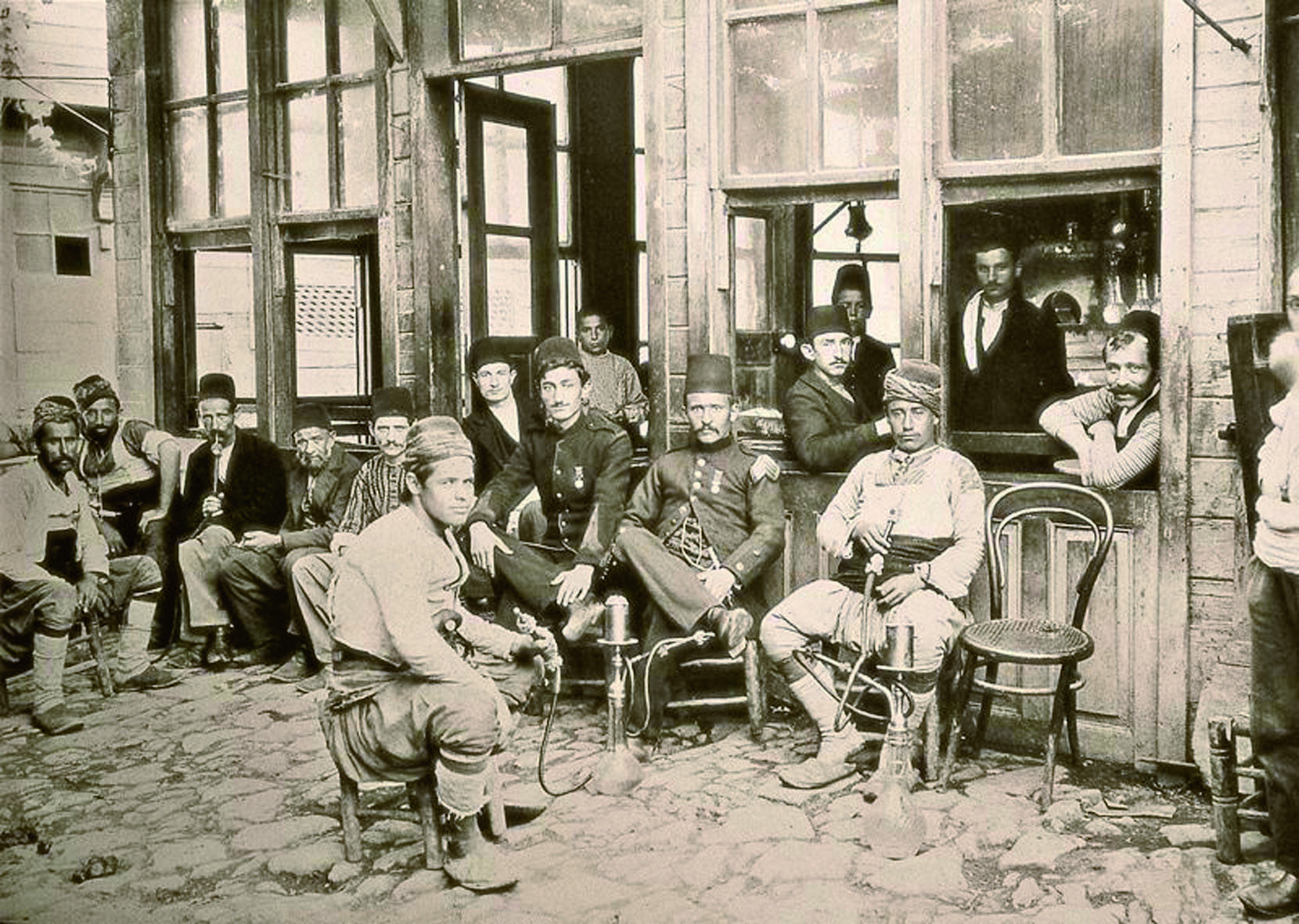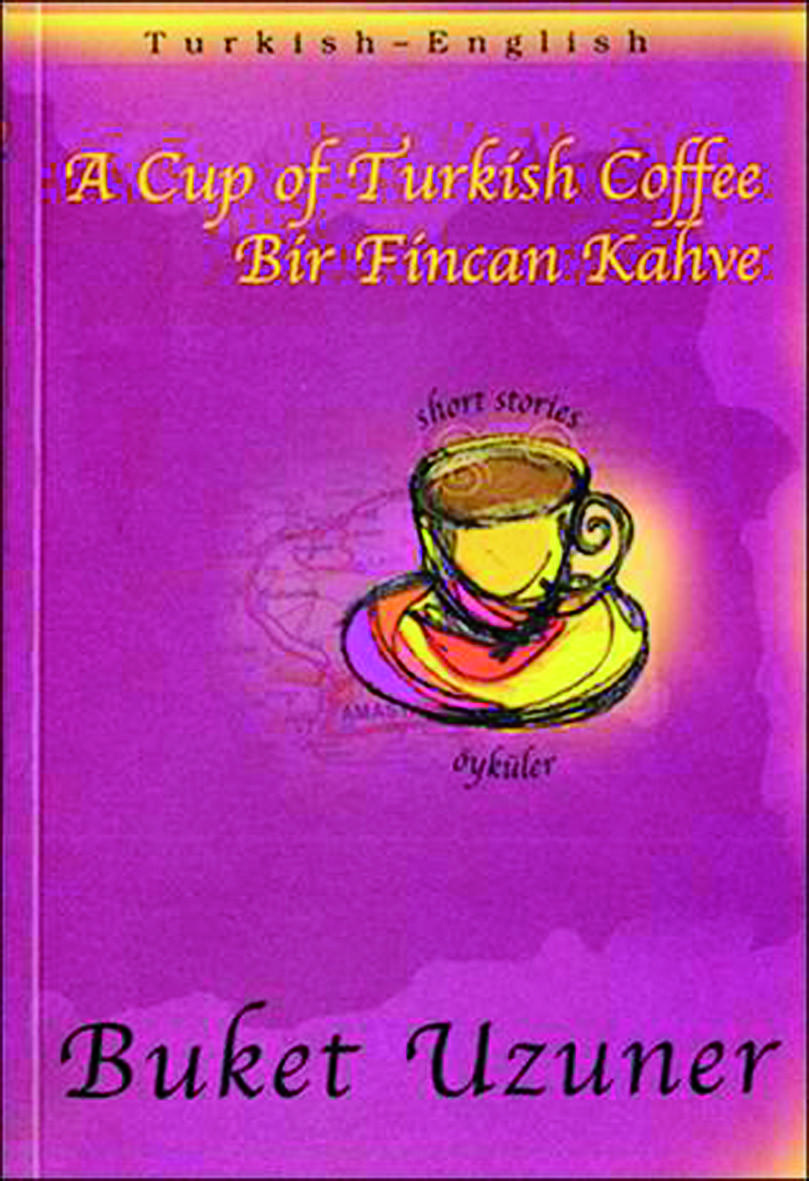A cup of Turkish coffee, remembered for 40 years
Emrah Güler - ANKARA
 Tomorrow is International Coffee Day, a day to celebrate sleepless nights, bulging eyes and brighter mornings. It’s also a day to remember a loyal comrade on overworked nights and an unfaltering companion of conversations for five centuries. For the Turkish people, it’s all of this and much more, with the preeminent place of Turkish coffee in our lives.
Tomorrow is International Coffee Day, a day to celebrate sleepless nights, bulging eyes and brighter mornings. It’s also a day to remember a loyal comrade on overworked nights and an unfaltering companion of conversations for five centuries. For the Turkish people, it’s all of this and much more, with the preeminent place of Turkish coffee in our lives.With its one-of-a-kind methods of grounding and roasting, its careful brewing inside the “cezve” (a brass pot with a long handle), coffee cups placed carefully over matching saucers, fine-tuned rituals of how it’s served and drank, and grounds of the finished coffee left to cool for the fun of fortune telling, Turkish coffee is uniquely Turkish.
Turkish coffee rightfully deserves its own coffee table book and there is a great one (both in English and Turkish), titled simply “Turkish Coffee,” published by Yapı Kredi Publications. The book, co-written by Sabri Koz and Kemalettin Kuzucu, is a comprehensive and colorful illustration of the history and significance of Turkish coffee in Turkish culture.
Koz has written hundreds of articles, and edited or compiled nearly 50 books on Turkish folk culture, folklore and literature. Kuzucu is a professor at Marmara University, specializing on urbanization, modernization, social life and education in the late Ottoman period. The book is a collaboration in the best sense, a joining of forces.

From Ottoman coffee houses to ‘kıraathanes’
“Turkish Coffee” traces the five-century history of the coffee, as it transformed into Turkish coffee, how it traveled from Yemen to the Ottoman Empire, its popularity in the imperial Ottoman court in the 16th century and its subsequent journey to Europe. Illustrations, historic photos, miniatures and engravings accompany the text as the book further delves into folklore, literature, proverbs and folk music.
There is the obligatory how-to section on the ritualistic nature of making and drinking the coffee, along with telling the future using coffee grounds. The knowledge of history once again is reflected through the evolution of Ottoman coffee houses to today’s traditional “kıraathanes,” and their significance as public spaces in the collective conscience of the Turkish people.
In an article for Hürriyet Daily News, William Armstrong gives a comparison of Turkish coffee houses, then and now: “Today’s rough and ready ‘kıraathanes’ originated in the 19th century as highbrow establishments, attracting members of artistic and literary circles who tended to prefer reading and conversation to the more traditional coffee house entertainments.”
Whether called “kıraathane,” “kahvehane” or “kahve,” the traditional coffee houses of smaller cities, towns and villages of Anatolia offer a place for socialization for men, where idle time is spent in the company of other local men. While consumption of tea is becoming more popular in coffee houses, Turkish coffee has a special place among friends. It continues to be a drink with a personal touch.
Tales from houses and coffee houses
The personal touch extends from the coffee houses in town squares to homes where women gather. The popular proverb, “A single cup of coffee is remembered for 40 years,” is iterated and reiterated at homes, where intimate conversations begin when the cups of coffee are served. When the coffee is finished, the cups are closed with saucers, jewelry is placed on top to cool and the designated fortune teller brings news of good fortune to otherwise mundane lives.
 That’s why the compilation of short stories by acclaimed female writer Buket Uzuner (also published in Turkish and English) is not called “The Coffee House” but “A Cup of Turkish Coffee.” The stories of love, attachment, family, friends and lovers are meant to flow like conversations in the quiet of homes, shared amongst women with cups of coffee clutched in their hands.
That’s why the compilation of short stories by acclaimed female writer Buket Uzuner (also published in Turkish and English) is not called “The Coffee House” but “A Cup of Turkish Coffee.” The stories of love, attachment, family, friends and lovers are meant to flow like conversations in the quiet of homes, shared amongst women with cups of coffee clutched in their hands.There is another gem, which free as an e-book from Amazon and other online retailers, for those interested in the history of Turkish coffee houses. “Told in the Coffee House: Turkish Tales,” by Cyrus Adler and Allan Ramsay, is actually history, first published in 1898. The book is a collection of 29 Turkish tales as heard by the authors on their visits to the coffee houses of Istanbul, then known as Constantinople.
“Tales” seems about right as each story reflects the conversation of different men, ending with one of the men reciting a tale to finalize the conversation, sometimes tales with Persian and Arabic roots. You can also find the facsimile reprint of the original version, with notations and flawed pages. Accompany your cup of coffee with a book or friends and remember that in Turkey, “a single cup of coffee is remembered for 40 years.”
















